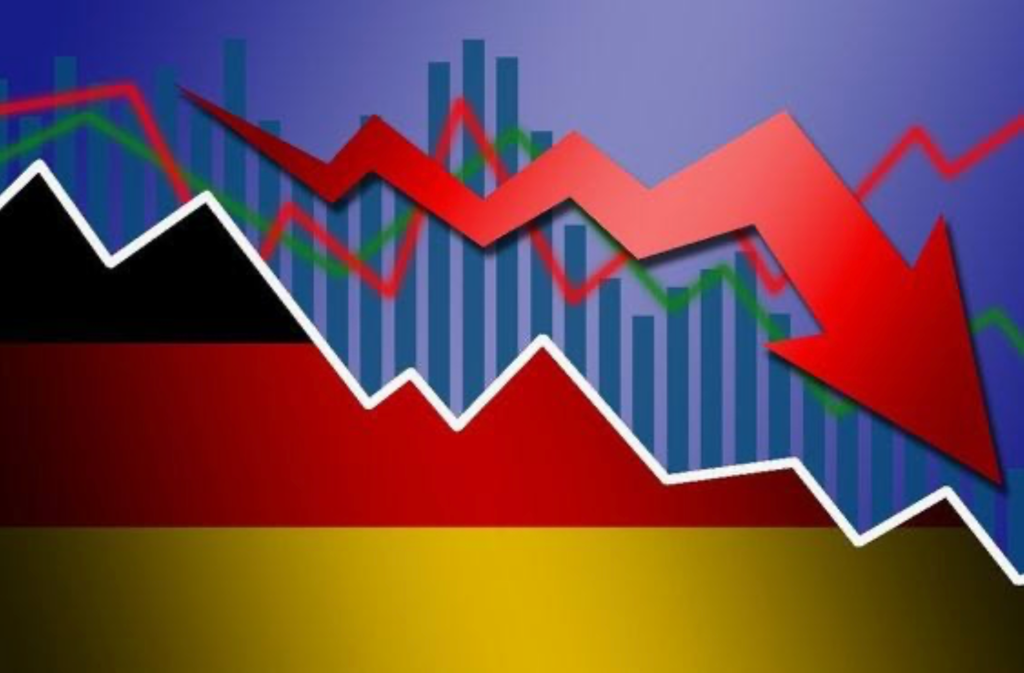By: Buyi Wang
The Yellow Vest Movement has exposed the decreasing living standard experienced by many ordinary French citizens. The anguish is not only directed at Macron, but also at the entrenched economic problems of the French economy.
When someone mentions France, what usually surfaces in people’s mind is Paris. The chic boutique and delicate bakery have long coaxed people into believing that French life is all about glamour and abundance. Nevertheless, the Yellow Vest movement at the end of 2018 tells a story about France that many are unfamiliar with. It has called attention to areas beyond Paris and exposed the anguish that many French citizens feel towards the Macron government and the general economy.
The Yellow Vest movement is a protest against President Macron’s proposal to raise fuel tax. The tax aims to show the world France’s determination to combat global warming. However, to many working-class French citizens living in small towns and rural areas, some of whom barely have enough money for food, the tax has further squeezed their purses. Therefore, they come to Paris, demanding their voice to be heard.
The movement has had some serious economic consequences. According to the finance ministry of France, the movement “knocked 0.1 percentage points off growth in the final three months of 2018, further exacerbating a French economy that has already seen a significant slowdown from the previous year. While in 2017 the economy grew 2.3%, in 2018 the economy grew 1.5%. Consumer spending, for example, fell as the protest spreads through the traditional shopping season in last few months of the calendar year. According to the research arm of Moody’s Analytics, consumer spending increased by 0.22% during the fourth quarter of 2018, compared to an 0.79% increase during the third quarter of 2018 . Moreover, the movement, which has seen protesters breaking shop windows, has also discouraged business confidence. According to Moody’s, confidence in doing business fell by 2.65% during December of last year compared to a 1.44% increase in November. Apart from these general economic aspects, industries including tourism and hospitality have received a direct blow. To pacify the protest, President Macron has promised to increase minimum wages for workers by €100 a month.Such measure, of course, come at costs. It’s estimated that the wage rise will cost the government approximately €10 billion, putting further pressure on the national deficit.
Aside from the fuel tax increase, some of the anger is directed at President Macron and his unpopular general social-economic reforms. These reforms have all created an impression that the president favors the rich instead of the poor. One of President Macron’s biggest agendas is labor market reform. To attract big operations to France, Macron wants to loosen the rigid French labor law so the company has more ease in hiring and firing workers. Unsurprisingly, such reform has caused dissatisfaction among workers, who complained that the president favors industrialists over ordinary French citizens. What further alienates the president from the public is his reform on the Solidarity Wealth Tax. The tax, which applies to those earning more than €1.3 million annually, was originally created to decrease income inequality in France. It’s a common belief in France that the rich should contribute part of their wealth in helping the poor. However, to encourage investment, President Macron has decided to exclude investment gains from the tax and apply the tax only on property assets. People complained that such measures would not benefit the majority of French citizens.
Nevertheless, it’s not all Macron’s fault. Some of the distress is over the entrenched problems of the French economy. Like many other European countries, France has experienced a sluggish wage growth. The majority of French people has barely seen its wage increase since the 1980s. According to VOX, starting from 1980s, annual wage growth was 0.9%, compared to a growth of 3.7% from 1945-1980. At the same time, inequality has been increasing. Data from VOX reveals that today, the top 10 % of the earning distribution takes up 10% of the national income, which is significantly higher than the 7% in 1980s, when inequality was at one of its relative lowest points. Moreover, there is a continuously high unemployment rate. According to CEIC, in June 2018, the unemployment rate in France was 9.1%, which was higher than the EU average of 6.8%. Even though Macron has promised to bring down the unemployment rate, until now the effect of his labor market reform has been insignificant due to a too short time horizon.
All in all, the Yellow Vest movement isn’t simply a movement against rising fuel taxes. What lies underneath is a dissatisfaction over President’s Macron reforms and a frustration over the long-run problems of the French economy. The protests will eventually die down. However, if the French economy isn’t lifted from the current state, people’s anguish will continue and living standards will keep on falling.
Works Cited
Image Source: https://pixabay.com/en/yellow-vests-event-revolution-3854259/
Thomas, L. (2019, Jan 30). French economy ended 2018 on a firmer footing than feared. Reuters. Retrieved fromhttps://www.reuters.com/article/us-france-economy/french-economy-ended-2018-on-a-firmer-footing-than-feared-idUSKCN1PO0I7
Moody’s Analytics. France-private consumption index. Retrieved from https://www.economy.com/france/private-consumption
Moody’s Analytics. France-business confidence index. Retrieved from https://www.economy.com/france/business-confidence/seasonally-adjusted
Garbinti, B., Lebret, J., Piketty, T. (2018, Sep 05). Income inequality in France: Economic growth and the gender gap. Vox. Retrieved from https://voxeu.org/article/income-inequality-france
CEIC. France-Unemployment rate. Retrieved from https://www.ceicdata.com/en/indicator/france/unemployment-rate






Leave a comment